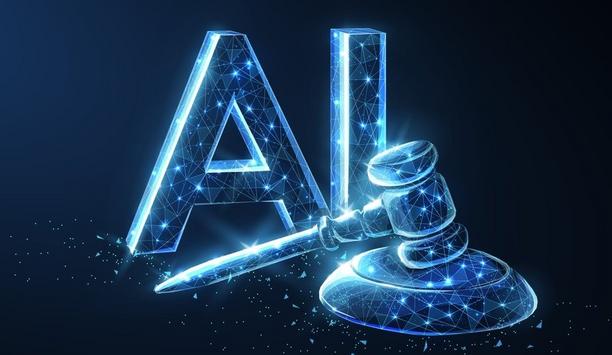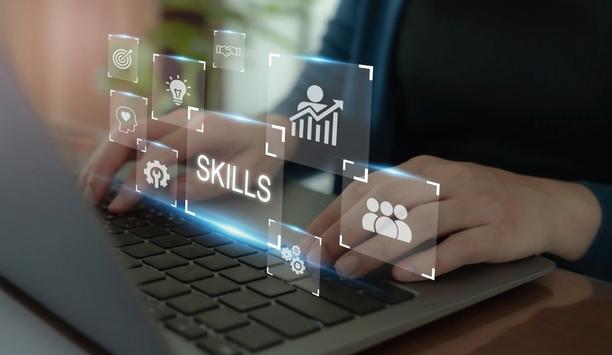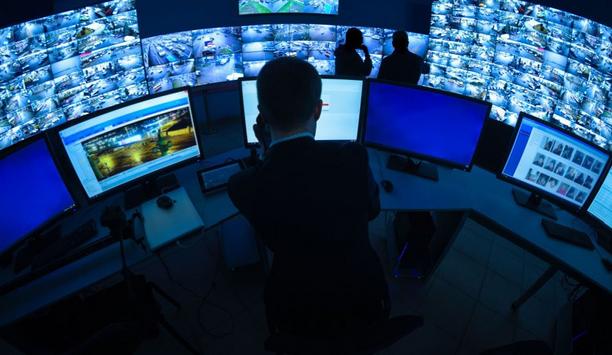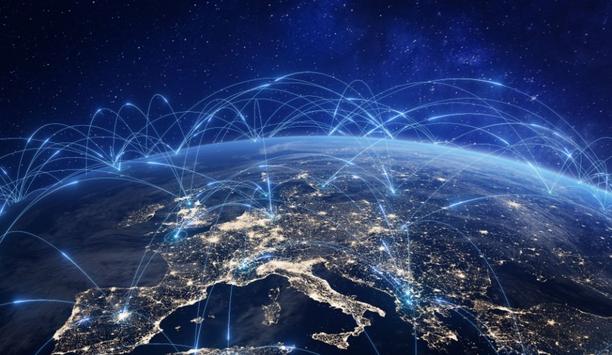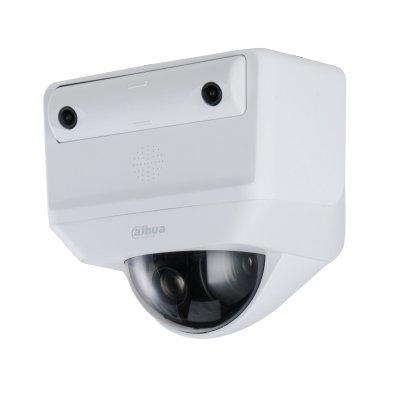New COVID-safe requirements
The hospitality sector has been turning to video analytics to help reduce the risk of COVID-19 transmission as they prepare for further easing of lockdown. Nearly a quarter (24%) of hospitality sector decision-makers were already using their existing video systems for people counting, including room occupancy monitoring. A further 26% planned to deploy this capability in the next 12 months.
The same percentage (24%) had already configured their video security systems to report people's density levels in reception areas, bars, lounges, and vestibules where guests are likely to congregate. An additional 30% said they were planning to add this capability over the next 12 months.
Behavioural and audio analytics
22% use some audio analytics to pick up breaking glass, gunshots, and other pre-defined sounds
The use of behavioural analytics to augment video security systems will enjoy a boost in adoption as hoteliers look to use them to monitor adherence with one-way systems (for moving around the hotel), mask-wearing in public areas, as well as to capture suspicious behavior like loitering near restricted entrances. Currently, 24% of hotels have behavioural analytics in use but a further 30% plan to adopt it in the next 12 months.
Noise or audio analytics is also set to be deployed more extensively in hotels. Currently, 22% use some audio analytics to pick up breaking glass, gunshots, and other pre-defined sounds. However, a further quarter (26%) of hospitality sector respondents anticipated deploying this in the next 12 months.






